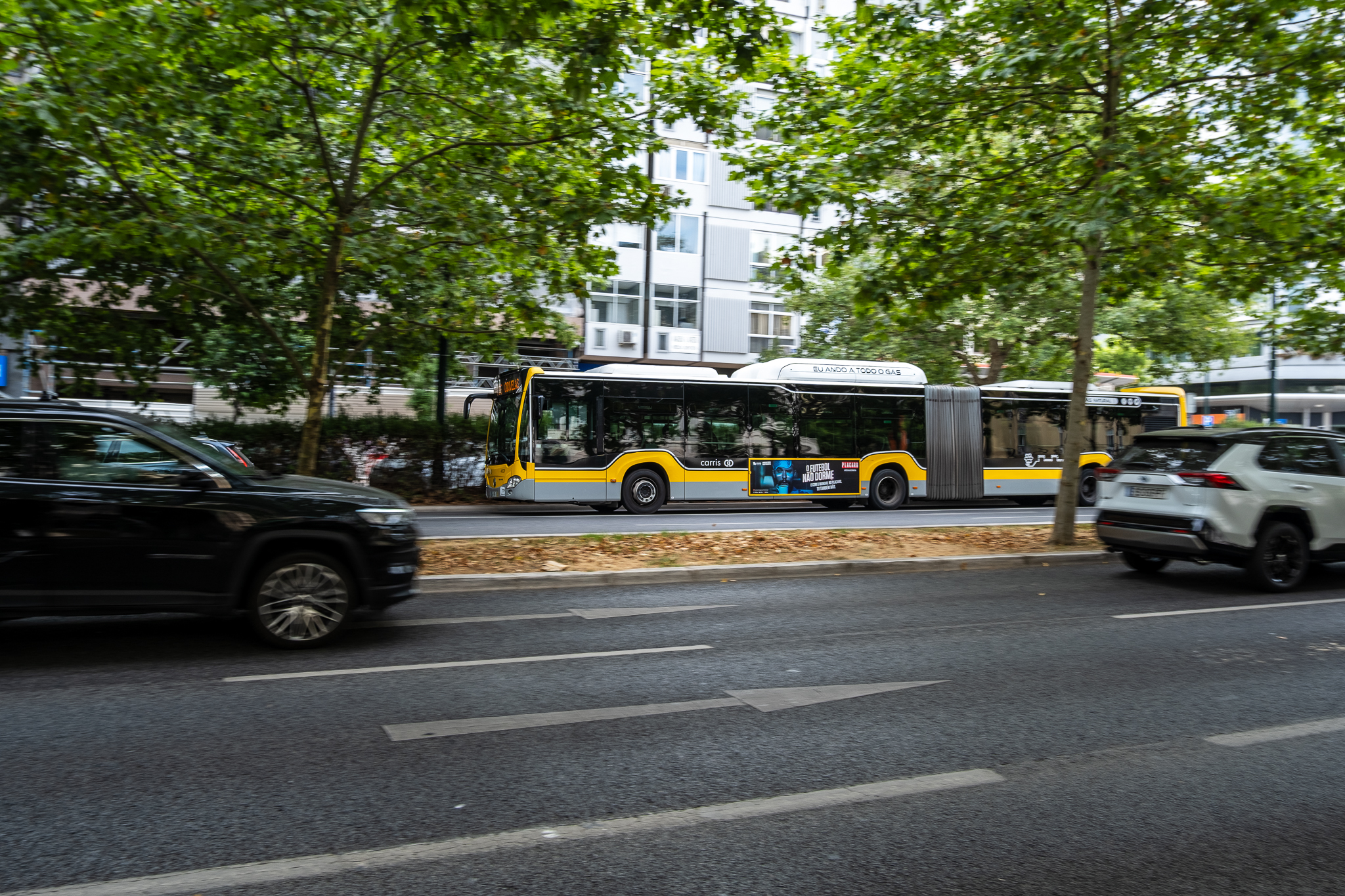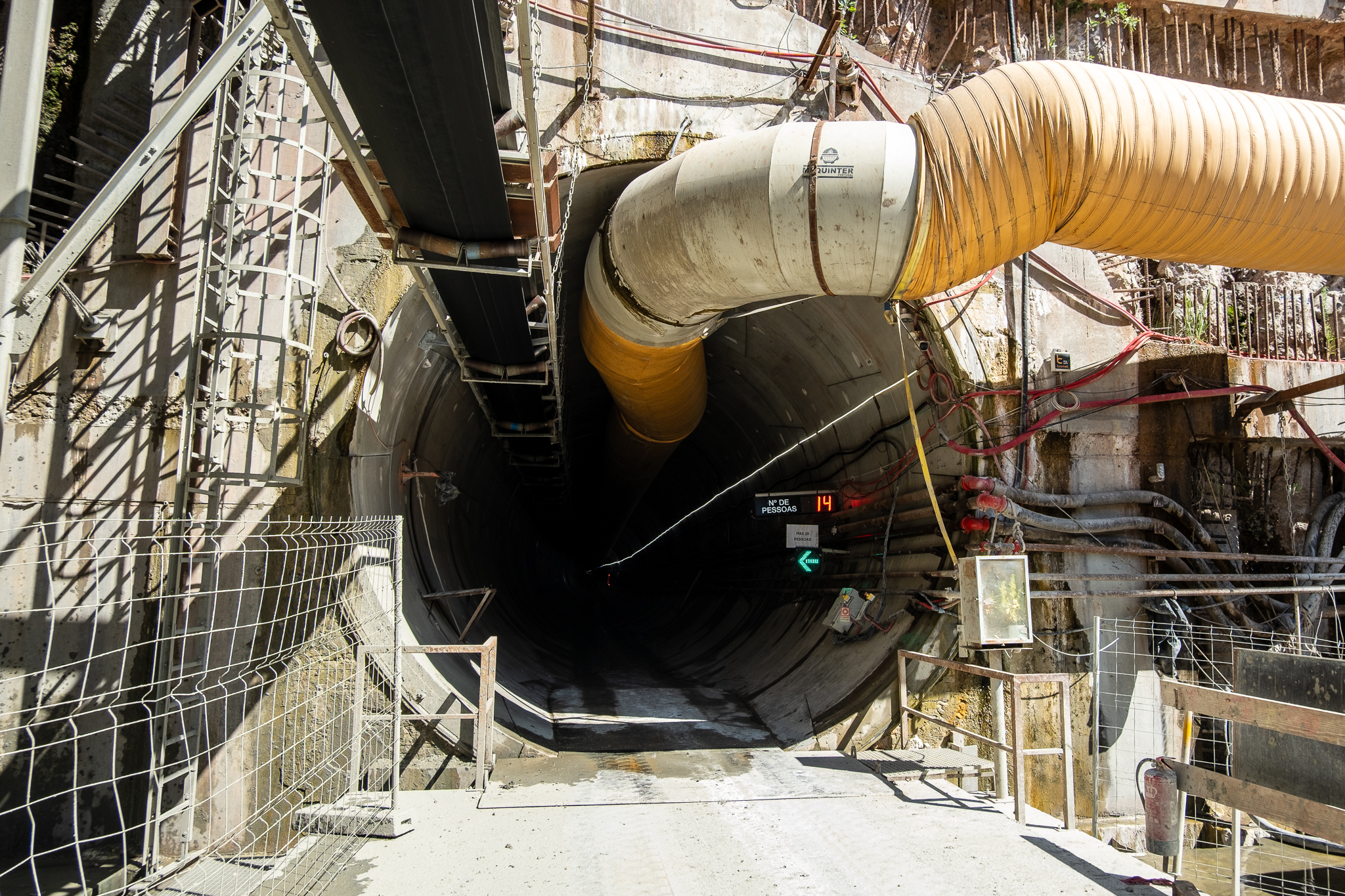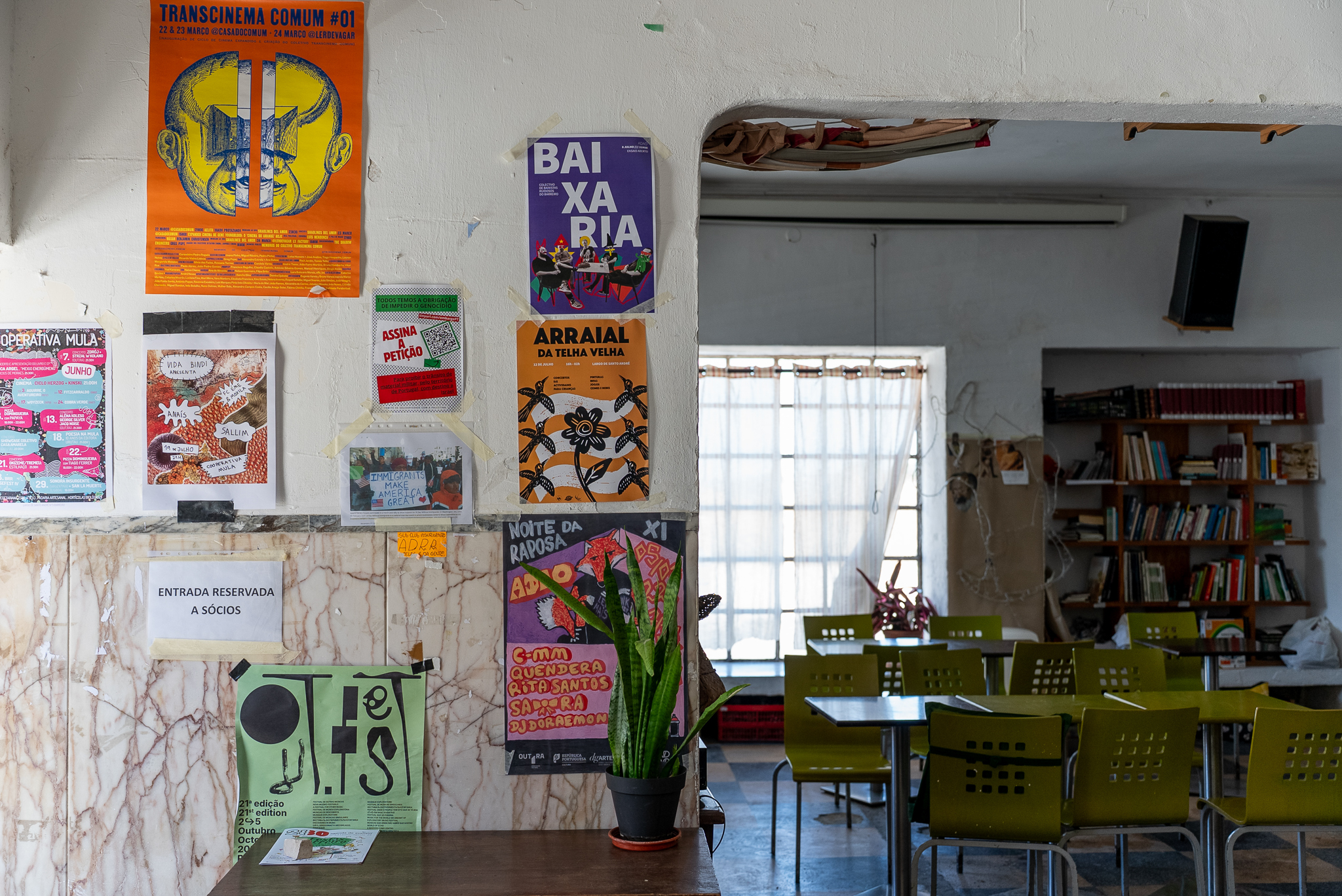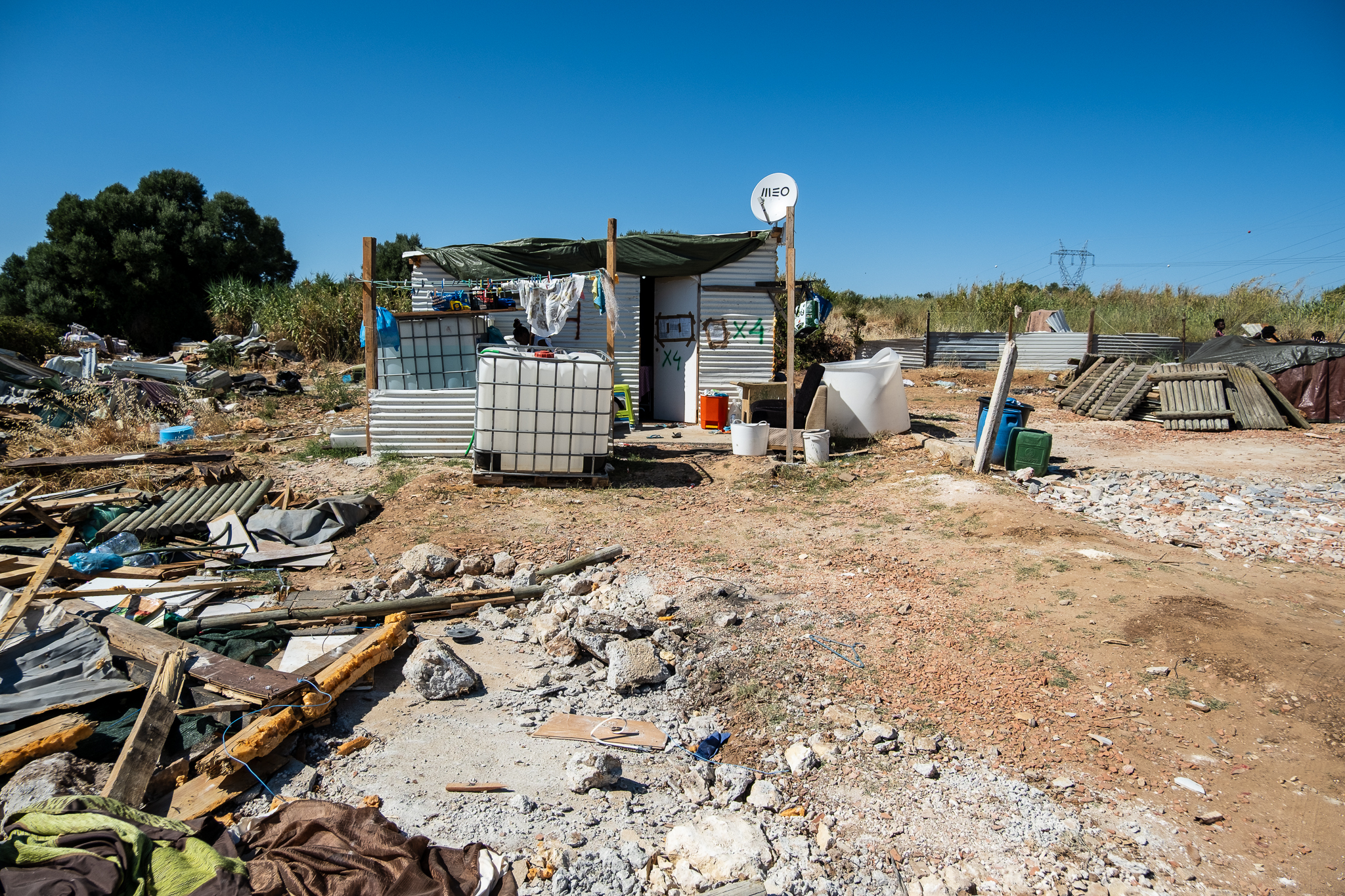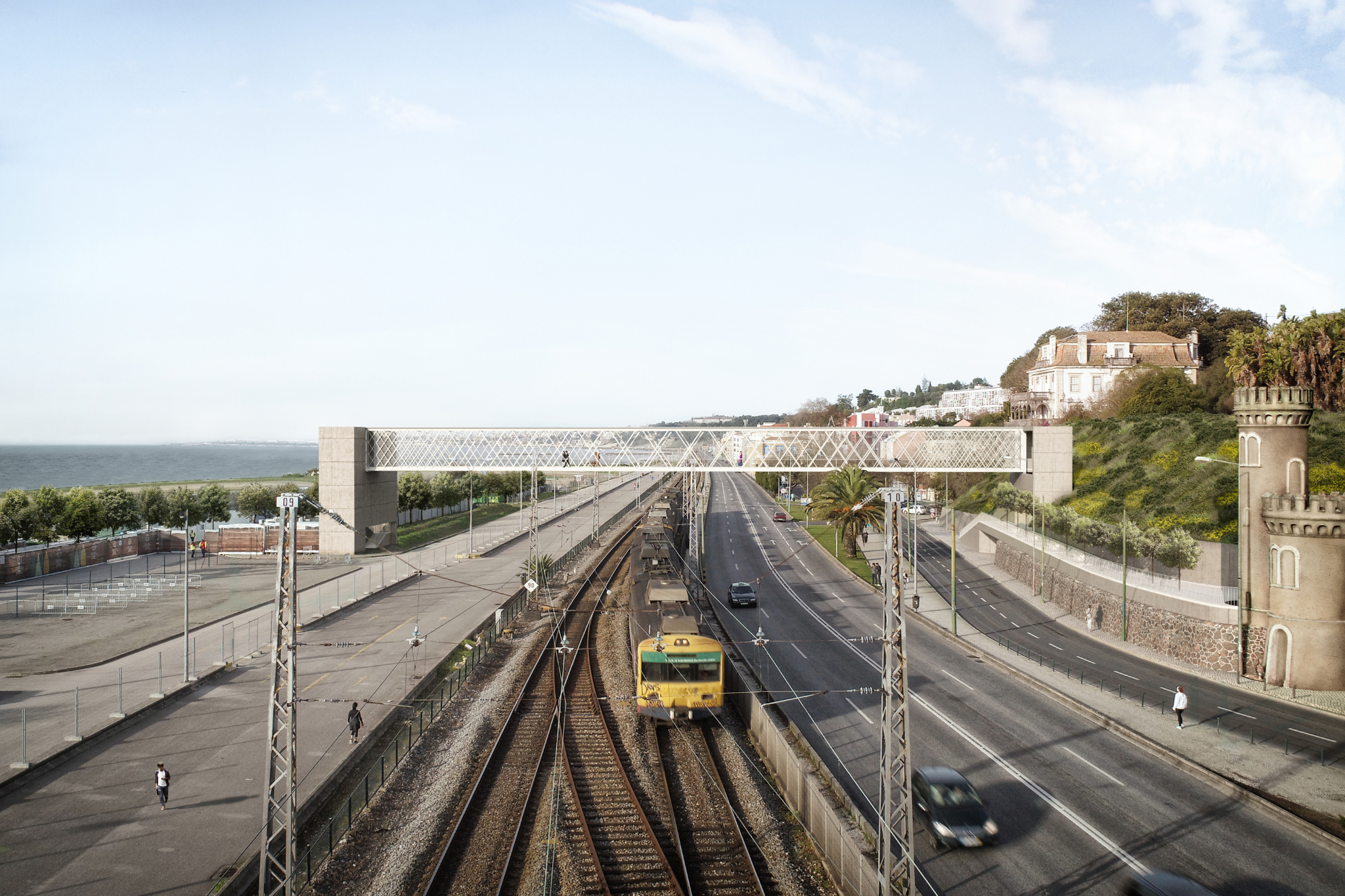770 homes for affordable rent and a large urban park covering 12 hectares. This is how the reconversion of the land of the former Algés Radionaval Station is characterized - a project that represents, to date, the largest affordable public housing project in the municipality of Oeiras.

770 affordable homes and a large 12-hectare urban park. This is how the reconversion of the land of the former Algés Radionaval Station, a project that represents largest affordable public housing project in the municipality of Oeiras. The investment will be carried out in partnership between the Oeiras City Council and the Institute for Housing and Urban Rehabilitation (IHRU), with European money from the PRR.
"There are 430 houses in this first phase, out of a total of 770, ranging from 1 to 4 bedrooms, with rents of between 250 and 750 euros. So these are houses that people can afford", announced the President of IHRU, António Gil Leitão, during a ceremony held in Algés on December 20th. At the event, a collaboration protocol was formalized between the Oeiras municipality and the institute he heads. Gil Leitão emphasized the importance of the steps taken so far, including the decision to use vacant state property to build public housing "whenever possible, preferentially and as a priority". The President of IHRU also emphasized the need to "articulating specific wills and interests within the state itself" throughout this process.

In the past, the Algés Radionaval Station allowed the Portuguese Navy to communicate by radio between Lisbon and the distant Asian territory of Macau. Today, the buildings and the 32-hectare plot of land are abandoned and have been given over by National Defense for the construction of housing - it is the first of eight former military infrastructures that Defense will use to build affordable housing. The conversion of this former naval radio station into affordable public housing will cost 185 million eurosof which 15 million will be for public use infrastructure, such as the new 12-hectare urban park e possible cultural facilities, such as an auditorium and a library.
The launch of the international public tender for the design and construction of the first 430 homes this week. This procedure will be carried out (and will be the first) by the Public Construction, a state-owned company that was reborn from the old Parque Escolar. According to Luís Andrade, the company's director, who was also present at the ceremony, the experience gained from renovating schools will now be applied to building housing.

This project is funded by PRR - Recovery and Resilience PlanThe work on the first phase - the 430 homes - is due to start next year and be ready by the end of 2026. The public infrastructures, such as the urban park, will be dealt with at a later date. The former Algés Radionaval Station - which is actually located on the border between Linda-a-Velha and Algés - is part of a pool of vacant or unoccupied state properties to be transformed into public housing. "hundreds of properties"According to the President of the IHRU. It is supported by a recently established legal regime that basically facilitates the allocation of land and buildings for this grant.

The ceremony to present the affordable housing project at the Radionaval Station took place on December 20, and was also attended by Isaltino Morais. In his speech, the Mayor of Oeiras highlighted the municipality's ability to dream, which he has led for the last few decades. "In Oeiras, the goal has always been the dream, the utopia"he said, noting that the municipality has done a "exemplary path in housing". Isaltino recalled the end of shantytowns in the municipality, a promise he made in 1986 when he was first elected Mayor and which came to fruition later, in the 1990s, with the PER - the Special Rehousing Program, which involved the construction of several municipal neighborhoods with decent housing conditions.
"It was the dream of 1986 and the courage and determination of the 1993 government that made it possible to implement a solid and serious housing policy for the first time in Portugal, which, over the next 12 years, would give dreams and futures to thousands of people. The success of that time is not unrepeatable; on the contrary, it can and must happen again"said Isaltino. For the mayor, however, since the governments of Aníbal Cavaco Silva (who was Prime Minister between 1985 and 1995) that "no government has refocused its attention on housing" as António Costa's recent governments have done since 2018.


The mayor - who began his political career with the PSD but has been running on independent lists since 2005 - harshly criticized the "Troika government", from the "same party" of the PER, for having promoted the "the law of soil crystallization" In this way, potentially developable agricultural land is kept away from housing production. "This limitation of one of the main building factors, land, forcing its scarcity, has caused land prices to skyrocket and, as a result, the price of houses to rise absurdly", "condemning an entire generation to the nightmare of shacks, overcrowded houses and suffocating credit". According to Isaltino, this soil law also "it has stifled the growth of cities".
"Between 2005 and 2018, demagoguery reigned, the absence of humanism that eradicated the right to housing from the government agenda"he also said. It was a "period of darkness", where "nobody spoke" public housing and in which it was felt that the "the housing problem used to be left to the private sector", "leading us to the biggest housing crisis since April 25". Isaltino recalled that, "without housing there is no room for hope to sprout"and that this first right is "condition for other dreams and rights to come true"The most important issues are education, culture, health and employment. "The housing problem has to be solved through action by local councils and with support from the state"he said, advocating shared responsibility. "I think I'm completely independent to say that the Prime Minister has given the country back the right to a decent home and housing for all."
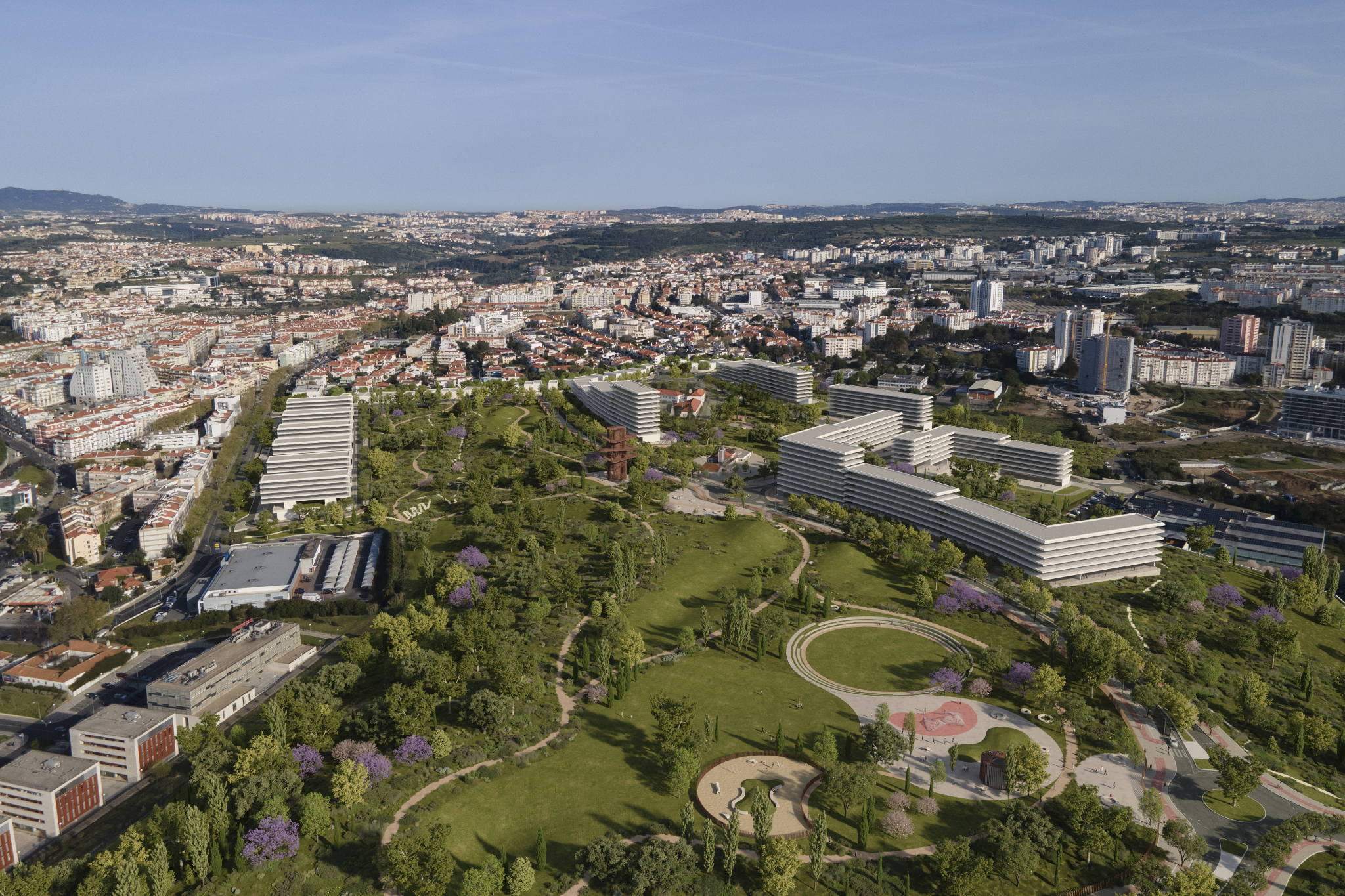
António Costa, the Prime Minister who has now resigned, was in the room listening to the Mayor of Oeiras. He then explained that PRR, or Recovery and Resilience Program, is helping the country to increase its share of public housing, which currently stands at 2-3% with "around 123,000 fires". The public housing stock is meager compared to that of other European countries, which were forced into gigantic reconstruction operations after the Second World War and which today have 20-30% of public housing. By 2026, Portugal will have "3.2 billion euros in non-repayable grants" for housing in the PRR, to build 32,000 homes. "It means increasing the entire public housing stock built over decades by almost 25%"Costa said that this work is being done in partnership with local authorities.

"For years, European funds always excluded financing for housing. At a certain point, there began to be the possibility of doing some tricks, of using some energy efficiency funds to make some repairs to public housing. But never building from scratch"criticized the Prime Minister. In Oeiras, the Radionaval Station project is the largest to date in terms of affordable housing, but it's not the only one underway with PRR money. The project at Alto da Montanha, in Carnaxide, will provide 64 dwellings, ranging from 2 to 3 bedrooms, at affordable rents and is the result of an investment of 12.8 million euros.
There are also 16 houses under construction in Parque da Junça and 12 in Quinta dos Aciprestes, both in Linda-a-Velha. The municipality is launching 96 houses in Leceia, 79 in Tecena and 230 in Casal do Deserto, in Porto Salvo. These projects join many others; the aim by 2026 is to provide 746 new homes at affordable rents, in a total of 12 developments spread over four parishesThis will consist of an overall planned investment of 130 million eurosof which 115 million is PRR funding and 15 million is from the municipality. Of these 746 homes, 92 should be ready by 2024.
| Project | Parishes | Houses | Investment |
|---|---|---|---|
| Algés Radionaval Station | Algés/Linda-a-Velha | 770 houses, from 1 to 4 bedrooms, of which 430 will be built in the first phase (plus a 12-hectare urban park) | 185 million (with PRR) |
| Top of the Mountain | Carnaxide | 64 houses, from 2 to 3 bedrooms, including a social or service facility | 12.8 million (with PRR) |
| Quinta dos Aciprestes | Linda-a-Velha | 12 houses, from T1 to T2 | 2.7 million (with PRR) |
| Quinta das Acácias | Carnaxide | 42 houses, from T1 to T3 | 7.5 million € |
| São Marçal | Carnaxide | 88 houses, from T1 to T2 | 13.8 million € |
| Tecena | Barcarena | 79 houses, from T1 to T3 | 13.8 million € |
| Desert Couple | Porto Salvo | 230 houses, from T1 to T3 | 35.5 million € |
| Sister Joana | Porto Salvo | 30 one-bedroom houses (plus a 66-bed long-term care unit and a day care center) | 10.5 million (with PRR) |
| Junça Park | Linda-a-Velha | 16 T2 houses | 4.3 million (with PRR) |
| Leceia | Barcarena | 96 houses, from T1 to T3 | 13.0 million € |
| Talaíde | Porto Salvo | 30 one-bedroom houses | 5.5 million € |
| Land of the Mill | Porto Salvo | 17 houses, from T0 to T1 | 2.85 million € |
| Polytrack modules | Barcarena | 14 T1 houses | 1.0 million € |
In addition to these investments in increasing public housing in the municipality, Oeiras City Council has the requalification of 19 municipal districts underway, with interventions in 410 buildings and 3,131 houses, for a total investment of 77 million euros; the aim is to improve the comfort and energy performance of the buildings and the surrounding public space. The municipality also has its Youth Housing program, which consists of acquiring and restoring properties in the old parts of the municipality to provide housing for young people between the ages of 18 and 35; since 2006, 26 buildings have been bought, 16 of which have already been rehabilitated and 10 of which are in the planning stage - a total investment of more than 19 million euros.

